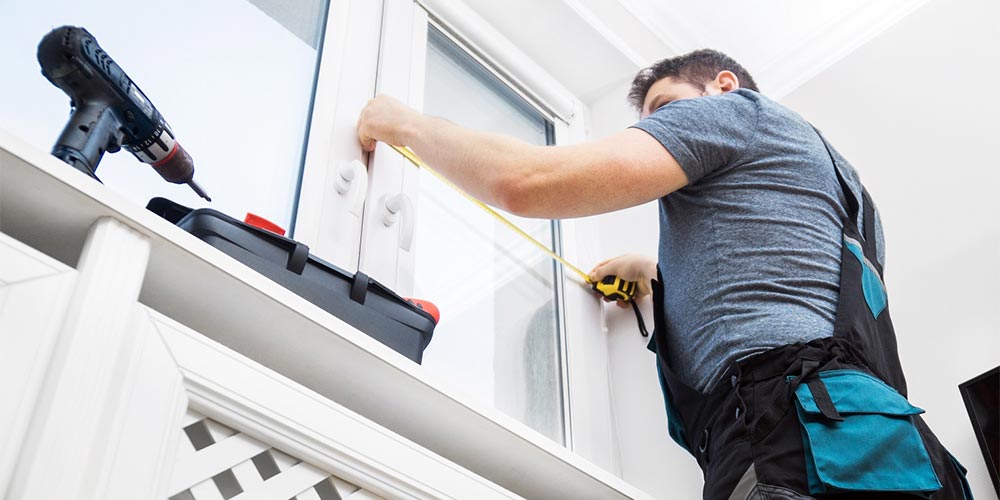
1. Why is it important to replace windows?
Windows can be a significant way to save on energy costs. Replacing them with Energy Star models is one of the best ways to make your house more environmentally efficient. One frequent indicator that it’s time to replace your windows is if they’re worn out and in need of repair due to weathering damage.
Suppose your original wood windows have grown older and show signs of deterioration, such as rotting around the window frames or peeling paint. In that scenario, you should consider replacing them with modern models that are more in keeping with the design aspects throughout your house and have fewer malfunctions.
2. How do I know if my windows need replacement?
When you close the window and look inside, it is not easy to see outside clearly. This is sometimes called a ‘dimpled glass’ effect or, as some have described it, watery-looking vision. The latter term refers to older thermal break windows that warped over time by the sun’s heat during summer months, literally melting the glass in some areas (thermal breaks are an essential element when choosing new replacement windows).
The dimpling can also come from air trapped between broken sealings or improperly installed vertical mullions on older wood framed double pane vinyl units, causing condensation to form on cold days. If you suspect this may be the case, remove the glass and look at the thermal breaks.
Double pane vinyl units (and high-performance wood-framed units) have a thermal break between each side of the glass; single pane windows do not. Gently tap on different areas of the window to hear where sound resonates and visually inspect for cloudiness in these areas.
3. What’s the best time to replace your windows?
Does it make sense to wait a couple of years, or should you do it now? While the replacement windows still offer some incentives in terms of tax credits and rebates from solar companies. Today there are enough reasons to replace old windows with new energy-efficient ones.
Let’s face it. Old windows don’t provide the same insulation properties they used to. That is why your utility bills keep going up every month. And that is why your house stays cold even when you turn the thermostat way higher than usual. There is some good news, as you will be able to fix these problems and also get tax credits for them.
The only downside here is the high installation costs – but it is not an issue when looked at from a long-term perspective. In terms of lower utility costs and an improvement in the value and resale appeal of the home. Because once you have new windows installed, they will save you money for years to come in terms of lower utility costs and an improvement in the value and resale appeal of the home.
4. Who should you hire for window installation and why?
Your choice of company to perform the work is critical. You want a trustworthy, reputable contractor that will do a great job on your new windows. The first thing you should consider is whether you can afford it. Additionally, you should get references from any contractors you are contemplating employing for this project and do a background check on them via the Better Business Bureau and local Chamber of Commerce.
You want someone who comes highly recommended by friends or neighbors because they have experienced the quality of work done on their home by this contractor. Ask them about warranties, guarantees, and performance history before choosing one over another. For more information, ask our experts on window replacements.
